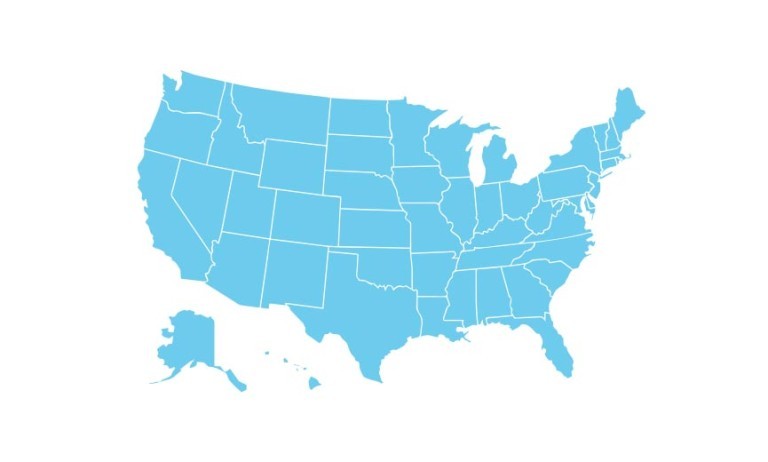Business Resources to Help You and Your Employees

Top Regulatory Issues Facing Businesses in 2026
Our Compliance experts will share insights on changes businesses can expect in 2026 regarding laws impacting employment, taxes, AI, retirement, as well as effects of the government shutdown. With planning, you can develop strategies to position your business for success.
Government Shutdown Ends
The longest federal government shutdown ended after 43 days. Nearly 735,000 federal employees have returned to work, as has Congress, which now has granted itself until Jan. 30, 2026, to negotiate and pass the nine appropriation bills that were not part of this latest law. Otherwise, a partial shutdown will happen. Businesses should stay prepared.
All Resources
Business Podcasts
Paychex Thrive, a Business Podcast
Navigate the dynamics of today's business climate.

Paychex Pulse, an HR Podcast
The issues facing today's human resource leaders and managers.










